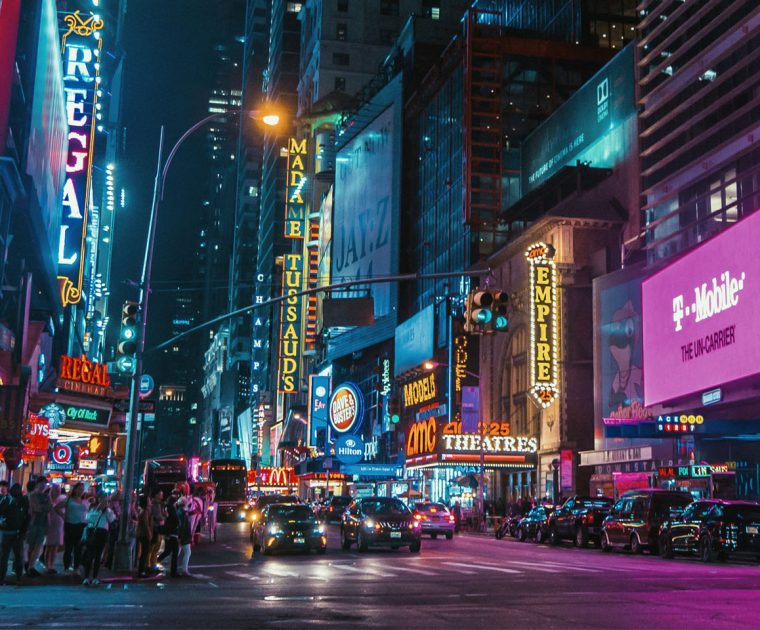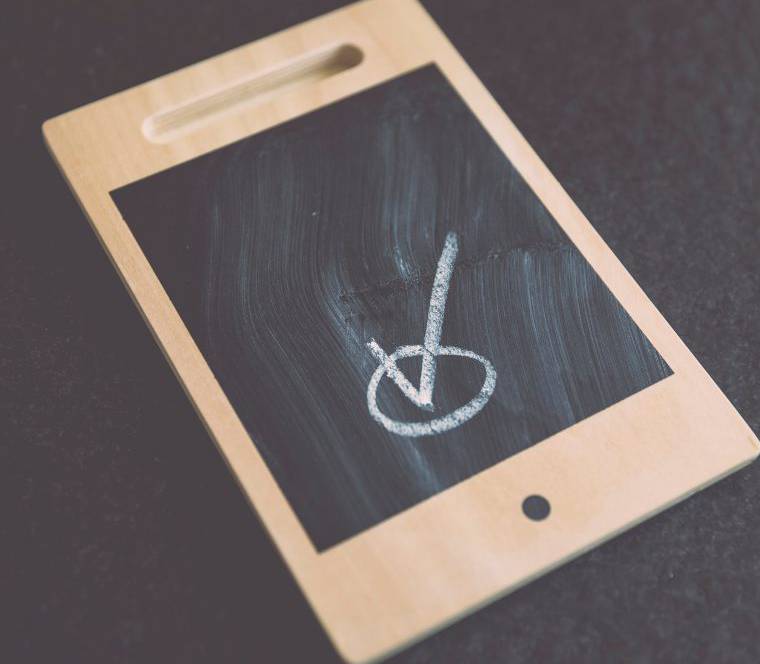T
he protective measure of blocking access, which plays an important role in mitigating the negative effects of the digital age, was introduced into Turkish law in 2007. While it can be a positive means of achieving fast and effective results, we have witnessed many instances of misuse and abuse. Essentially, the removal of online content and blocking access to it, as regulated primarily by Law No. 5651, also encompasses its impact on social media content and the regulations enacted in 2020 regarding social media service providers. In this article, we will examine the foundations for removing content from the internet and blocking access to it.
Definitions
To better understand the removal of online content and blocking access to it, it is beneficial to explain some concepts found in Law No. 5651 on the Regulation of Publications on the Internet and Combating Crimes Committed Through These Publications.
Access provider: Any natural or legal person that provides access to the internet for users.
Content provider: Any natural or legal person who produces, modifies, and provides any kind of information or data to users through the internet.
Hosting provider: Any natural or legal person that provides or operates systems hosting services and content.
Blocking access: Blocking access through methods such as domain name, IP address, URL, and similar methods.
Removal of content: Refers to the removal of content from servers or hosted content by content or hosting providers.
Removal or Blocking of Content Due to Content that Constitutes a Crime
Access to addresses where there is reasonable suspicion that they constitute crimes specified in the Law on the Regulation of Publications on the Internet and Combating Crimes Committed Through These Publications, such as incitement to suicide, sexual exploitation of children, facilitating the use of drugs or stimulants, providing dangerous substances for health, obscenity, prostitution, facilitating gambling, and crimes against Atatürk as well as crimes under the Law on the Regulation of Betting and Games of Chance in Football and Other Sports Competitions, can be blocked or their content removed.
Removal or Blocking of Content in Urgent Cases
Another situation where content removal or blocking of access measures can be applied is when it is necessary to take administrative measures based on the protection of the right to life and the safety of individuals, national security, public order, prevention of crimes, or protection of public health. In these cases, there is a content removal or blocking of access measure issued ex officio by a judge.
As understood from the wording of Article 8/A of Law No. 5651, in cases where the aforementioned circumstances do not exist, measures can still be taken in cases where there is an urgent need, for which there is no explanation or definition in the law, upon the request of the Presidency or the ministries related to the protection of national security, public order, prevention of crimes, or protection of public health, by the President of the Information Technologies and Communication Authority (BTK) concerning content published on the internet.
Removal or Blocking of Content Due to Violation of Personal Rights
Individuals, legal entities, and institutions and organizations claiming that their personal rights have been violated due to the content published on the internet have the right to request the removal of content by applying to the content provider, and if this is not possible, to the hosting provider. This can be done either through a warning or by directly applying to the criminal judge of peace. It should be noted that this avenue is applicable to both individuals and companies, as stated in Article 9/1 of Law No. 5651.
In this regard, the 19th Criminal Division of the Court of Cassation stated in its decision dated October 19, 2020, with file number 2019/33658 E. and 2020/13098 K.: “Legal entities do not have physical-organic structures like humans, so it can be said that they also have personal values such as reputation, honor, confidentiality, or commercial reputation, just like real individuals, although personal rights over material-organic values such as bodily integrity, life, and health are not naturally applicable to them. The personal values of legal entities on personal values must be protected. In this sense, it is possible to remove content that damages the reputation, honor, confidentiality, or commercial reputation of companies through this method.”
In cases of violation of personal rights, content removal or blocking of access can be requested from the content provider or access provider. The relevant party must respond to the request within 24 hours. In cases where the content published on the internet violates personal rights, it is also possible to apply directly to the criminal peace judge without applying to the content provider or access provider. Content providers or hosting providers must respond to such requests within 24 hours. If they fail to do so, the public prosecutor’s office shall request the cessation of the service provided by the access provider within 3 days of the application made by the copyright holder. If the violation of copyright is stopped, the access provider shall resume its services to the relevant content provider.
Blocking Access to Content Due to Violation of Privacy
Individuals claiming that their privacy has been violated due to the content published on the internet can request the implementation of a blocking access measure by applying directly to the Information Technologies and Communication Authority (BTK). The BTK forwards this request to the Union of Access Providers and requests the implementation of blocking access to the relevant content within 4 hours at the latest. However, those claiming that their privacy has been violated must also apply to the criminal peace judge within 24 hours of the application made to the BTK. This request is sent to the BTK for implementation within 48 hours. If the judge does not send the decision to the BTK, the blocking access measure issued by the BTK automatically expires.
In cases of violation of privacy and urgent situations, the President of the BTK can issue a blocking access decision and send it to the Union of Access Providers for implementation. In this case, the relevant decision must be submitted to the criminal peace judge for approval within 24 hours.
Removal of Content Due to Copyright Infringement
In cases where the copyright owner claims that the copyright granted to them by the Law on Intellectual and Artistic Works has been violated in content published on the internet, they have the right to request the removal of the relevant content from the content provider. The content provider must remove the relevant content within 3 days of receiving the request from the copyright owner. If the content provider does not remove the content, the public prosecutor’s office shall request the cessation of the service provided by the access provider to the relevant content provider within 3 days of the application made by the copyright owner. If the infringement of the copyright is stopped, the access provider shall resume its services to the relevant content provider.
Removal of Social Media Content
Law No. 5651 introduced the concept of a social network provider and positioned social media platforms as social network providers in 2020. With this regulation, individuals claiming that their personal rights or privacy have been violated can apply to the social network provider to request the removal of the relevant content. The social network provider must respond to the request within 48 hours from the time the request is made. The relevant regulation stipulates that social network providers that fail to meet this requirement may be subject to a fine of 5 million TL.
Furthermore, the 2020 regulation introduced liability for compensating for damages in cases where content that has been determined to be unlawful by a judge or court decision is reported to the social network provider, and the content is not removed or access is not blocked within 24 hours, even if there is no request for it.
Implementation of Content Removal and Access Blocking Decisions
Access blocking decisions are issued for specific URLs (uniform resource locators) where there is reasonable suspicion of violations. However, if it is technically impossible to block access to the content in question or if the violation cannot be prevented by blocking access to the relevant content, a decision to block access to the entire website can be made.
As a rule, access blocking or content removal decisions have an effect within Turkey, meaning that access to URLs for which access blocking decisions have been made can still be possible from abroad. However, for URLs established abroad or even domestically, the access can be blocked from Turkey if they constitute crimes such as sexual exploitation of children or obscenity, even in the absence of a request. Access blocking decisions made upon request are subject to appeal as a protective measure, but access blocking decisions made ex officio by the BTK are positioned as administrative measures and are not subject to appeal.




